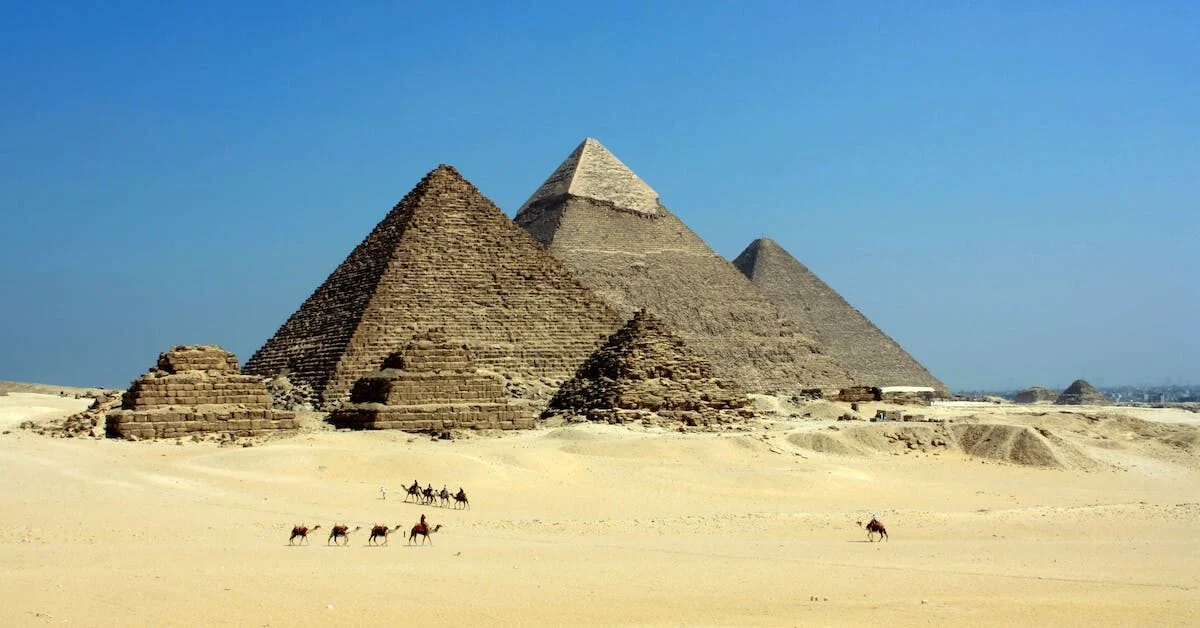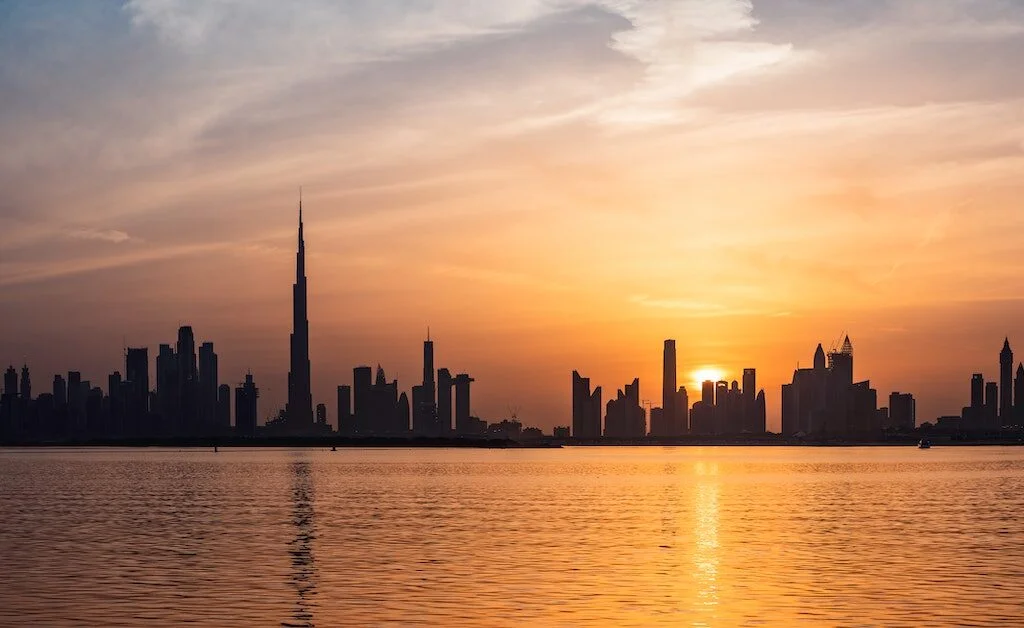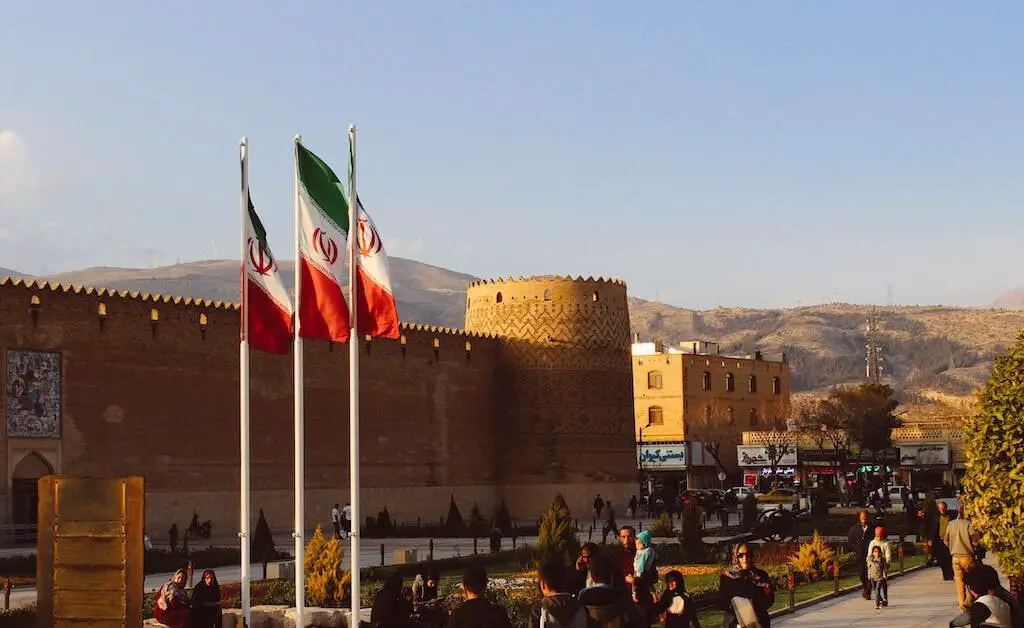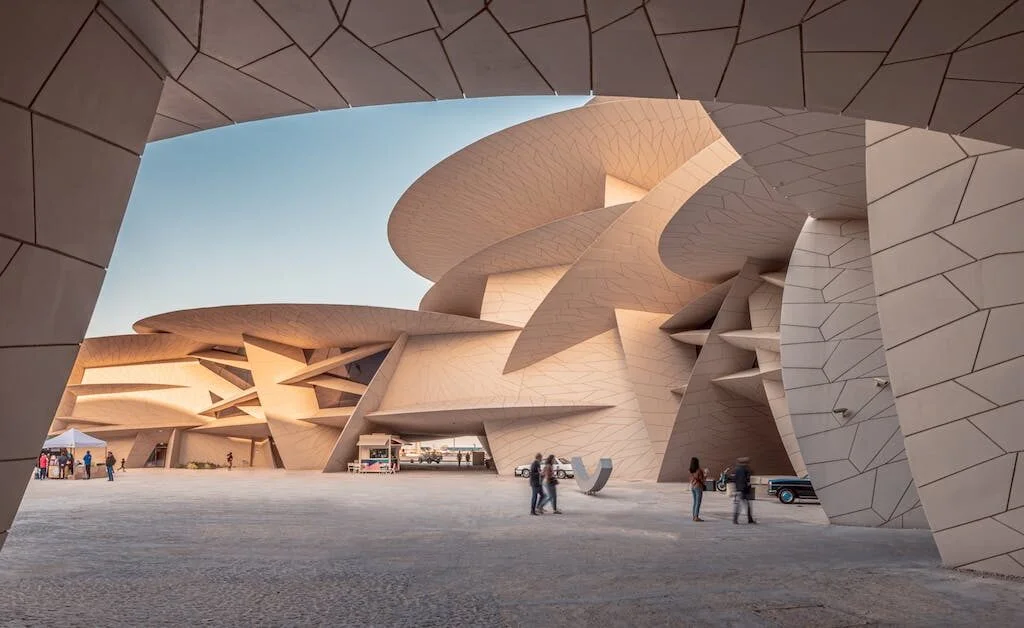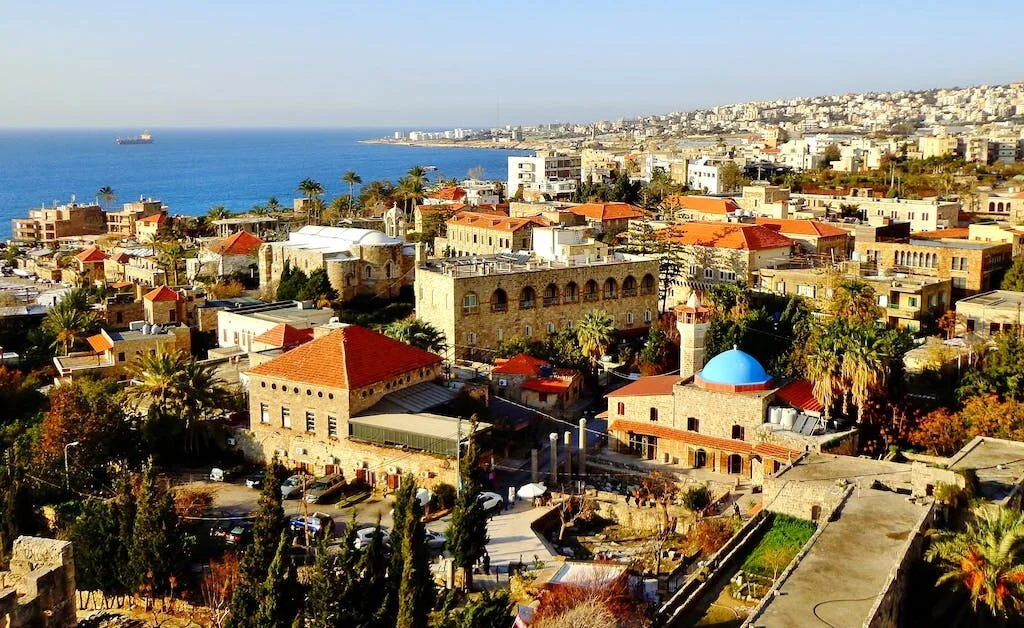Egypt, a land brimming with historical allure, cultural richness, and diverse attractions, beckons travelers year-round. Crafting an unforgettable experience hinges significantly on the timing of your visit. This article serves as your guide to deciphering the best time to explore this captivating destination, considering weather nuances, tourist seasons, and the tapestry of festivals woven into Egypt’s cultural fabric.
Embarking on an Egyptian adventure involves navigating through the sands of time, where historical wonders await discovery. From the awe-inspiring pyramids to the timeless allure of the Nile, Egypt offers a trove of experiences. However, unlocking the full potential of this journey relies on strategic timing, a factor often underestimated in travel planning.
Intriguingly, the best time to visit Egypt is a nuanced consideration, influenced by various elements that shape the travel landscape. Whether you seek mild temperatures for extensive exploration or wish to align your visit with vibrant festivals, understanding the seasonal ebb and flow is paramount. Join us as we delve into the intricate details, deciphering the ideal moments to bask in the splendors of Egypt’s past and present.

Best Months to Visit Egypt
Egypt’s climate, dominated by desert expanses, divides the year into distinct seasons, each offering a unique allure to visitors. However, the sweet spot for an Egyptian escapade lies between October and April, marking what many consider to be the Best Time To Visit Egypt.
October to Early November:
As autumn unfolds, Egypt emerges from the scorching summer. October, in particular, strikes a harmonious balance—pleasant weather, fewer crowds, and a plethora of activities. The Nile’s gentle embrace during a cruise becomes a picturesque affair, complemented by soft lighting ideal for photography. Cultural festivities like the Cairo Jazz Festival and the Sun Festival at Abu Simbel add a vibrant touch.
February and March:
Positioned as the zenith, these months boast optimal conditions. With warm, sunny weather, February and March stand out as prime choices. The temperature is ideal for exploration, and the sparse crowds enhance the experience. These months, apart from providing an excellent climate, also align with the Sun Festival at Abu Simbel, a spectacle celebrating Ramses II’s ascension to the throne.
Navigating through the annual calendar allows for informed choices, ensuring your Egyptian sojourn aligns with your preferences, be it festive celebrations or tranquil exploration.
Weather Variations Across Egypt
Understanding Egypt’s diverse climate zones is pivotal for a well-planned visit. While coastal areas enjoy temperate conditions, inland regions experience more significant temperature fluctuations.
Winter (October-February):
The Nile Delta Region and Cairo witness cool temperatures, especially at night. Southern Egypt remains warm, providing a respite for travelers. Winters mark the peak tourist season, demanding meticulous planning due to heightened demand.
Summer (May-August):
With temperatures soaring, especially in the south and desert regions, summer demands a different approach. Coastal areas offer relief, making them ideal for water activities. The Sinai resorts thrive during this season, providing a quieter ambiance.
Festivals and Holidays in Egypt
Egypt’s cultural tapestry is interwoven with festivals and holidays, each offering a unique lens into its traditions.
Ramadan:
A significant Islamic observance, Ramadan, influences daily life. Travelers during this period should respect fasting practices. Despite daytime constraints, festive evenings present an enriching experience.
Islamic Holidays:
Eid al-Fitr and Eid al-Adha are crucial celebrations, marking the end of Ramadan and honoring Abraham’s devotion, respectively. These festivals add vibrancy to Egypt’s cultural landscape.
Moulids and Coptic Festivals:
Moulids, akin to medieval saints’ fairs, showcase Egyptian culture. Coptic festivals, celebrating Christian traditions, provide a captivating blend of piety and revelry.
Understanding the cultural context of these festivals enhances your visit, offering a deeper connection with Egypt’s living history.
Climate Insights Across the Year
Delving into the specifics of Egypt’s climate during different months provides invaluable insights for travelers, guiding them to tailor their experiences.
January to March:
This period signifies the mild embrace of winter, with daily averages ranging from 12°C to 28°C. Evenings may warrant a light jacket, and Cairo offers a pleasant retreat.
April to May:
As spring unfurls, temperatures rise, reaching an average of 31°C in April. Nights maintain a mild 17-21°C. Coastal destinations like Hurghada beckon with extended daylight hours for sun enthusiasts.
June to August:
Summer casts its intense spell, with temperatures soaring to 40°C in Luxor. Coastal retreats like Sharm El Sheikh provide a cooler sanctuary, offering opportunities for water activities.
September to November:
With a gradual decline in temperatures, September signals relief. Daytime averages around 37°C, and evenings remain warm. October, a prime month, offers a daytime retreat at 30°C, making it an ideal period for exploration.
December:
While daytime temperatures hover at 24°C, evenings can be cooler at 14°C. December marks the rainiest month, with an average of 7mm, signaling the approach of Egypt’s peak season.

Peak Tourist Seasons
Understanding the ebb and flow of tourist seasons in Egypt is pivotal for crafting an optimal travel experience.
Late November to Late February:
Traditionally the peak season, these months witness an influx of tourists. Luxor and Aswan, particularly during December and January, experience heightened activity. Planning in advance is crucial to secure accommodations and avoid last-minute hassles.
Summer Dynamics:
The scorching summer months of June to September witness a unique tourism landscape. While Sinai resorts attract visitors year-round, the coast becomes a haven for those seeking relief from the heat.
Tailoring Your Experience
Crafting a personalized Egyptian odyssey involves aligning your preferences with the opportune time of the year.
For Cultural Enthusiasts:
Festivals like the Sun Festival at Abu Simbel or cultural events in October present ideal windows. Understanding Ramadan’s significance adds depth to your experience.
For Sun Seekers:
May to September opens up the coastal retreats, providing a haven for sunbathing, snorkeling, and diving.
For Explorers:
Optimal exploration aligns with the milder temperatures of October to April. This period allows for extensive sightseeing without battling extreme weather conditions.
Egypt’s diverse offerings cater to a spectrum of preferences, ensuring a fulfilling journey for every traveler.
Expert Tips and Recommendations
Arming yourself with practical insights, especially regarding the Best Time To Visit Egypt, elevates your travel experience, ensuring a seamless and enriching journey through Egypt. Local experts, like Ahmed, provide invaluable guidance that goes beyond the conventional travel tips, allowing you to navigate the historical wonders, cultural festivities, and diverse attractions with precision. Their nuanced understanding of the country’s nuances ensures that your exploration aligns with the optimal times, enhancing the overall quality of your Egyptian adventure. With practical knowledge in hand, your journey becomes not just a trip but a curated and immersive experience in the heart of Egypt’s captivating landscapes.
During Ramadan:
Respect local customs, refrain from eating in public during fasting hours, and embrace the festive evenings.
For Festival Participation:
Plan your visit around significant festivals for an immersive cultural experience. Check the Islamic calendar for accurate scheduling.
Weather-Appropriate Gear:
Pack accordingly, considering temperature variations. Sunscreen, hats, and comfortable clothing are essentials. For winter evenings, a light jacket proves handy.
By incorporating these expert tips into your travel preparations, you set the stage for an Egypt excursion that seamlessly blends cultural immersion, climatic adaptation, and personal preferences.
Local Festivals and Cultural Insights
Egypt’s rich embroidery is woven with a bunch of celebrations and social festivals, each offering an extraordinary look into the country’s legacy, particularly while thinking about the Best time To Visit Egypt.
Moulids – Blending Piety and Festivity:
These festivals, akin to medieval European saints’ fairs, merge piety, entertainment, and commerce. Spread across the Islamic calendar, Moulids often revolve around a local saint’s tomb, bringing communities together.
Islamic Festivals:
Eid al-Fitr and Eid al-Adha mark significant moments in the Islamic calendar. The Eid al-Fitr concludes Ramadan, a month of fasting, with joyous celebrations. Eid al-Adha commemorates Abraham’s devotion to God and involves communal feasting.
Moulid al-Nabi:
Celebrating the Prophet Mohammed’s birthday, Moulid al-Nabi features processions and festivities in various towns and cities. This widespread observance provides a unique lens into Egypt’s religious and cultural fabric.
Coptic Festivals:
Egypt’s Christian Coptic community participates in both Islamic and Coptic festivals, fostering cultural exchange. Key Coptic events include Christmas, Epiphany, and the Feast of the Apostles.
Sham al-Nessim:
This spring festival, celebrated nationwide on Coptic Easter Monday, transcends religious boundaries. Egyptians partake in mass picnics, marking the arrival of spring and showcasing unity across diverse communities.

Crafting Your Ideal Itinerary with Local Experts
Navigating the wealth of experiences Egypt offers requires strategic itinerary planning, especially when considering the Best Time To Visit Egypt. Local experts, like Ahmed, bring a nuanced understanding of the country’s nuances, ensuring a curated and seamless journey. Their insights become invaluable, guiding you through the historical wonders, cultural festivities, and diverse attractions that Egypt unfolds across its landscapes. Trusting in local expertise enhances your exploration, allowing you to synchronize your visit with the optimal times to fully appreciate the captivating destination’s offerings.
The Best of Egypt Tour:
A comprehensive 8-day exploration starting and ending in Cairo, encompassing Luxor, Aswan, and Abu Simbel. Luxurious sleeper trains replace domestic flights, providing a unique travel experience.
Nile Cruise Expedition:
Embark on an 8-day Nile cruise adventure after exploring Cairo. Discover iconic sites like Karnak Temple, Valley of Kings, and Hatshepsut Temple, culminating in a captivating Cairo finale.
Exploring Cairo and Dahabieh Cruise:
Immerse yourself in the leisurely pace of a Dahabieh sailing ship. From Cairo’s antiquities to Giza’s pyramids and Luxor’s tombs, this 13-day journey balances iconic landmarks with hidden treasures.
Five-Star Egypt Expedition:
Traverse Giza, Cairo, Luxor, and Aswan on an 8-day tour, featuring a 4-night stay on a luxurious Nile cruise ship. Unearth ancient wonders amid a backdrop of comfort and opulence.
Introduction to Egypt Adventure:
A 7-day whirlwind tour, blending pyramid marvels in Giza, the vibrancy of Cairo, and the allure of Luxor’s temples. A perfect introduction, offering glimpses of Egypt’s diverse facets.
Conclusion: Best Time To Visit Egypt
In conclusion, Egypt beckons with a diverse tapestry of experiences woven into its ancient landscapes. Timing your visit amplifies the magic, with each season unveiling unique facets of this captivating nation. From the bustling streets of Cairo to the serene banks of the Nile, Egypt unfolds its treasures across the months. Whether you’re drawn to cultural festivities, seeking sun-soaked retreats, or embarking on exploratory adventures, discovering the Best Time To Visit Egypt stands ready to fulfill your desires.
Crafting timeless memories involves not just exploring historical wonders but also immersing yourself in the pulse of local festivals, savoring diverse cuisines, and navigating bustling bazaars. With the guidance of local experts and a well-crafted itinerary, your Egyptian odyssey promises to be a harmonious blend of tradition, modernity, and personalized discovery. Embark on a journey where the whispers of pharaohs mingle with the vibrant rhythms of today, creating an indelible tapestry of experiences that resonate across time. Egypt, with its timeless allure, awaits your exploration.
Read More: Barbados Unveiled: Navigating the Seasons for the Perfect Caribbean Getaway
Frequently Asked Questions (FAQs) About Visiting Egypt
The greatest months to visit Egypt are, for the most part, from October to April. During this period, daytime temperatures are wonderfully warm and evenings are cool, giving an agreeable climate to investigation and touring. These months, especially February and Walk, guarantee an equilibrium of warm, bright climate, making them ideal for encountering the country’s rich verifiable and social contributions.
The most sweltering times in Egypt are regularly throughout the late spring, from May to September. In districts like Cairo, temperatures can average around 35°C, while locales like Aswan in Upper Egypt could experience midpoints of 42°C. June and July are particularly outrageous, with high temperatures, making it less great for expansive outdoor workouts. Nevertheless, the oceanside areas offer some lightening during these hot months.
The slow time of year in Egypt compares to the late spring months, from May to August. This period encounters incredibly hot and dry circumstances, deflecting numerous vacationers. While temperatures can be testing, it’s likewise true when there are fewer guests, bringing about lower costs for facilities and visit bundles. Voyagers, considering the slow time of year, ought to design exercises during the cooler parts of the day and investigate beachfront regions for a more charming encounter.
The best chance to visit the pyramids in Egypt is during the cooler months of the year, from October to April. During these months, the weather patterns are milder, taking into account a more pleasant examination of the well-known pyramids of Giza. December and January are especially famous, drawing in vacationers anxious to observe these old marvels without the distress of outrageous intensity. Arranging your visit during these months guarantees a more lovely involvement with this incredibly famous and verifiable site.

